Wagnerites seize military installations in Russia’s second city, Voronezh, media reported. Although the governor of the Voronezh region Alexander Gusev denies this and talks about the spread of a lot of false information. How can events develop?
The takeover of military installations in the second city, about 500 km south of Moscow, is reported by Russian sources BBC News and edition Reuters. Voronezh is about halfway between Rostov and the Russian capital. “Military facilities in Voronezh have been taken under the control of Wagner PMC. The army goes over to the side of the people, ”wrote the AP Wagner telegram channel, close to the Wagner PMC.
“All key facilities in Voronezh have also been taken under control, everything is like in Rostov,” a source close to the central office of the FSB confirmed to the BBC Russian Service.
Telegram channel “Unloading Wagner” informedthat near Voronezh about 200 border guards laid down their arms. “Another 180 Russian servicemen and security officials refused to interfere with the actions of PMC Wagner and laid down their arms. Bugaevka border crossing,” the message says. The Bugaevka checkpoint borders on the so-called LPR. It is currently not possible to verify the information.
The city authorities of Voronezh do not publicly comment on this information, and the governor of the Voronezh region, Alexander Gusev, warned that many false reports are now being circulated:
“A lot of unreliable information is being published on social networks about the alleged movement of columns of military equipment through the territory of the Voronezh region. The legislation of the Russian Federation provides for liability for the dissemination of such messages. Roskomnadzor and the prosecutor’s office of the region will respond to all cases. interested in destabilizing the situation in the country and the region.”
He reported writes TASS that the Russian armed forces are now conducting “operational combat activities” in the Voronezh region:
“As part of the counter-terrorist operation on the territory of the Voronezh region, the armed forces of the Russian Federation are carrying out the necessary operational and combat measures. I will continue to inform about the development of the situation.”
Putin said that he would put pressure on the Prigozhin rebellion and would not agree to fulfill the terms of the rebels. What’s next?
1. The key issue is the balance of power. Prigozhin stated that he had 25,000 bayonets. Perhaps this is an exaggeration. After the losses in Bakhmut, he hardly has so many mercenaries. In addition, some Russian military publics wrote that some of the “Wagnerites” did not join the rebellion. They succeeded in taking control of the center of Rostov and, possibly, Voronezh (although Voronezh is still not completely clear), but whether it will be enough for more is a question. Unless part of the regular army goes over to the side of the rebels.
2. Putin’s unequivocal position that what is happening is an armed rebellion can play a consolidating role for the security forces, preventing them from going over to the side of the rebels (although the likelihood that part of Putin’s entourage will join the rebellion remains – someone still protected Prigodin all this time, strengthening his position). The question is – how many bayonets can Putin put up against Prigozhin’s mercenaries, and what quality will these forces be? Now the lion’s share of the Russian army is at the front. Whether there are several tens of thousands of people in the reserve in order to carry out a combined arms operation to destroy the rebels who actually captured Rostov is a question. If there are and if there are few participants in the rebellion, then the chance of quickly suppressing the “prigozhinism” by military means is possible. Otherwise – a civil war with consequences that are still difficult to predict. The consequences can be minor (the “Wagnerites” can leave to partisan, which will be a problem for the Kremlin, but small), or very significant (chaos, anarchy and the collapse of the country).
3. The situation in favor of the authorities could be changed by the transition to the side of Putin of part of the “Wagnerites” participating in the rebellion. This is possible if, for example, Prigozhin told them that the rebellion was not against Putin, but only against Shoigu, and “everything is agreed” with the Kremlin. In this case, some of the rebels may consider themselves deceived and go over to the side of the government, having previously arrested (or killed) Prigozhin. One Wagner mercenary has already died trying to kill Prigozhin, according to Russian telegram channels.
4. On the other hand, the likelihood of such an option is doubtful. The Wagner mercenaries are a sect of frostbitten killers and criminals. Wagner leader Dmitry Utkin is a neo-Nazi, a fan of the Third Reich, as well as a significant part of other PMC commanders. In fact, Wagner PMC is the largest and most powerful neo-Nazi organization in the world. And for them, Putin’s statements “we will not allow chaos and anarchy”, “about loyalty to the Motherland and the oath” are empty words. Moreover, Russian pro-war propaganda has been making superheroes out of Wagner PMCs for a year and, judging by the comments of the Wagnerites, they already consider themselves “people of a superior race” who should rule over Russia. And Putin is not a decree for them (it is possible that they perceive Prigozhin as a temporary companion). Therefore, to win them over to the side of power will be a difficult task.
5. In such conditions, there is a possibility that the authorities will still agree on something with the rebels, but in the current conditions it is still minimal.
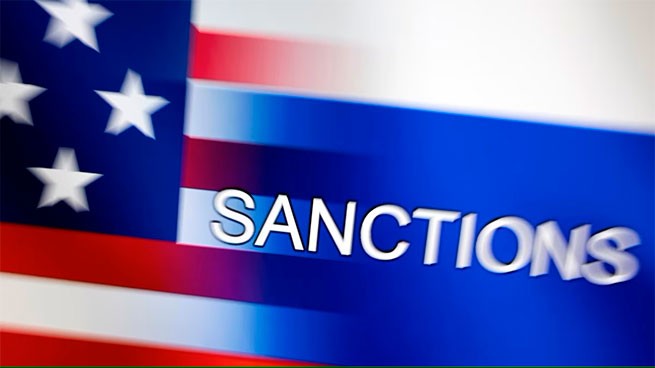
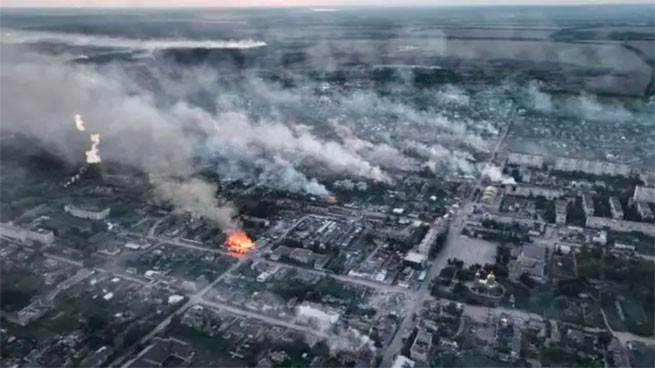

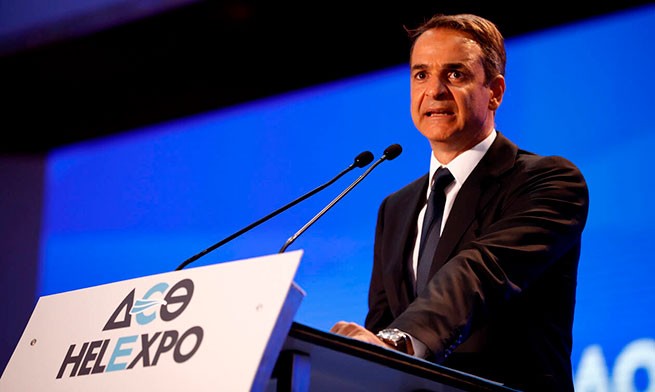
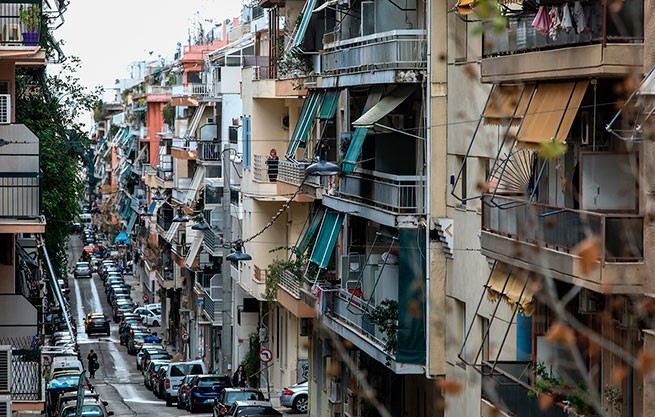
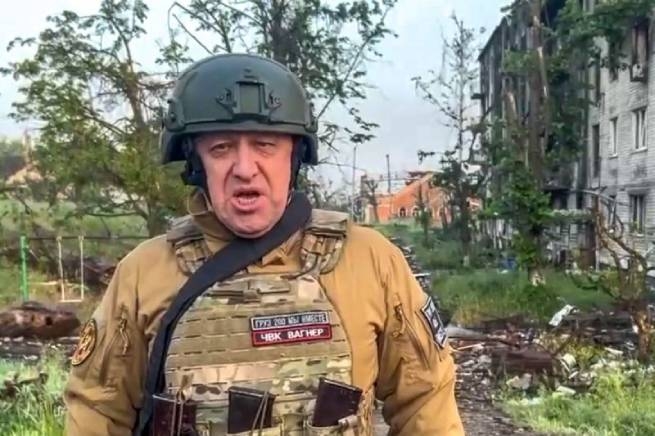

More Stories
BRICS: Trump says US sanctions are undermining the dollar
Erdogan Calls for Global Muslim Alliance Against Israel
Lithuania Installs 'Dragon's Teeth' on Border with Russia (Video)